
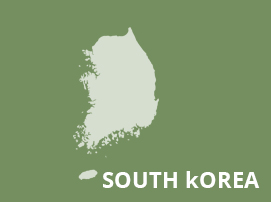
A Statement by the Asian Human Rights Commission on the Occasion of the International Human Rights Day, December 10, 2011 On the occasion of the International Human Rights Day, December 10, 2011 the AHRC is publishing the annual report on the State of Human Rights in South Korea in 2011. The full report is available […]
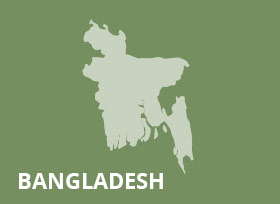
A Statement by the Asian Human Rights Commission on the Occasion of the International Human Rights Day, December 10, 2011 International Human Rights Day is going to be ‘observed’ in Bangladesh amidst numerous victims facing gross abuses of human rights without an access to legal remedies from the existing criminal justice system. On the eve […]

A Statement by the Asian Human Rights Commission on the Occasion of the International Human Rights Day, December 10, 2011 On the occasion of the 63rd Human Rights Day, the Asian Human Rights Commission is releasing its annual report on the state of human rights protection in Nepal through 2011. The report is available here. Given […]

A Statement by the Asian Human Rights Commission on the Occasion of the International Human Rights Day, December 10, 2011 On the occasion of the International Human Rights Day, December 10, 2011 the AHRC publishes its annual report on the State of Human Rights in Indonesia in 2011. The full report will be made available […]
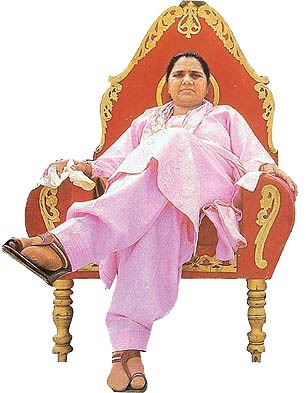
In what appears to be an ‘absolutely normal’ practice in India, the chief minister of Uttar Pradesh state, Ms Mayawati, has declared, that one of her ministers, accused of having raped a girl, is not guilty. The chief minister also declared, that there would be no investigation against the minister. The incident of rape of […]

Dear friends, Regarding the military violence against Kebumen villagers on April 16-17, 2011, the Asian Human Rights Commission (AHRC) has learnt that there have been some legal proceedings against the villagers. Meanwhile, there is no information regarding any legal process against the alleged perpetrators. The reluctant and secretive nature of the military’s proceedings against the […]

Dear friends, Three police officers accused of the murder of journalist Ridwan Salamun have been acquitted. Ridwan Salamun was covering the communal clashes in Tual, Southeast Maluku in August last year as a camera man for SUN TV. The police officers witnessed the assault against Mr. Salamun but did nothing to prevent it, effectively consenting to […]

Dear friends, The Minahasa district police in North Sulawesi charged Stanly Handry Ering, the whistleblower in a corruption case, with defamation. Ph E A Tuerah, Rector of the University of Negeri Manado (UNIMA) reported Stanly to the Minahasa district police for defaming him as an alleged corrupt person. Rector Tuerah and his subordinates tried to […]
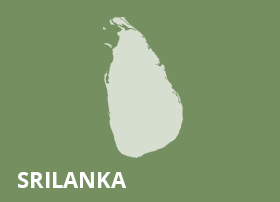
These days there is considerable discussion about investigations into some NGOs in Sri Lanka. The president himself is talking in public about this issue and already implying that there is some kind of wrong doing on the part of some NGOs. This has also been followed by several media channels. Therefore some simple reflections on […]

Dear friends, We wish to share with you the following article from the Prachatai website, written by Mr. Pokpong Lawansiri. Asian Human Rights Commission Hong Kong ————- An article from the Prachatai website forwarded by the Asian Human Rights Commission By Pokpong Lawansiri Released on Sun, 06/03/2011 – 13:12 | by prachatai On 28th February […]

Sofie Rordam Sri Lankan citizens are protected against torture and arbitrary arrest in sections 11, 12 and 13 of the Constitution of Sri Lanka. In addition Sri Lanka has ratified the United Nations Convention against Torture and Cruel and Inhuman Treatment in 1994. While the legislation is there, the effectuation is not. The gap between […]

No action has been taken against the high ranking police officials responsible for hiring the killer of Salman Taseer and for allowing him to be a part of the assassinated governor’s security detail. Similarly, no questions have so far been raised amongst the killer’s colleagues, including the high police officials, about how they listened to […]

The Asian Human Rights Commission wishes everyone a merry Christmas and a happy new year. In all countries of Asia, this Christmas and new year will be celebrated in very difficult conditions. We extend our wishes to all families who are struggling in the midst of these difficulties to fight for their rights. We particularly […]

Dear Friends, The Asian Human Rights Commission (AHRC) has learned that prosecutors have pleaded with the court to imposed four to five years of imprisonment on two human rights activists for organising an assembly. The assembly was to commemorate those who lost their family members in the January 20, 2009 Yongsan incident where five protestors and […]
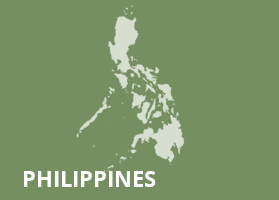
The Asian Human Rights Commission (AHRC) welcomes with reservations President Benigno Aquino III’s order to withdraw the charges against 43 health workers, collectively known as ‘Morong 43′, as reported today. We strongly believe, based on the documents and information that we have also obtained, that they should have not been arrested, detained, and forced to […]
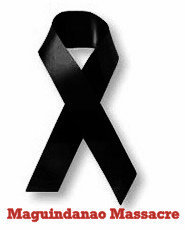
It was officially announced yesterday, December 5, that President Gloria Macapagal-Arroyo has placed Maguindanao, a province in central Mindanao where the November 23 massacre took place, under the State of Martial Law. President Macapagal-Arroyo signed the Proclamation, No. 1959, placing the province’s 36 Municipalities, except the areas previously identified as having been occupied by Moro […]

The arrest and subsequent detention of four activists, including a labor lawyer, on separate occasions in October and November of this year raised serious questions regarding how public prosecutors function in the Philippines. The irregularities in the filing of charges in court and the manner in which they are dealing with cases raises the question: […]

A media report implies serious questions about the credibility of Bangladeshs criminal justice system, including the investigation, prosecution and the judiciary, as well as the qualifications of the concerned professionals in those institutions. A Dhaka based national daily newspaper, The Prothom Alo, reported on 13 March 2008 that a court convicted three persons to rigorous imprisonment […]

Indonesia, which received the second highest number of votes in elections to the United Nations Human Rights Council earlier this year, will celebrate its sixty second Independence Day on August 17, 2007. Given these election results, we could imagine that Indonesia is considered as being a moderate nation which consistently promotes and protects human rights. […]

Indonesia signed the International Convention against Torture and Other Cruel, Inhuman and Degrading Treatment or Punishment on the 23 October 1985 and ratified it on the 28 October I 998 by the Law No. 5/1998. Since its ratification, there have been numerous calls by the CAT Committee- for instance in its Concluding Observations: Indonesia (01/11/2002. […]